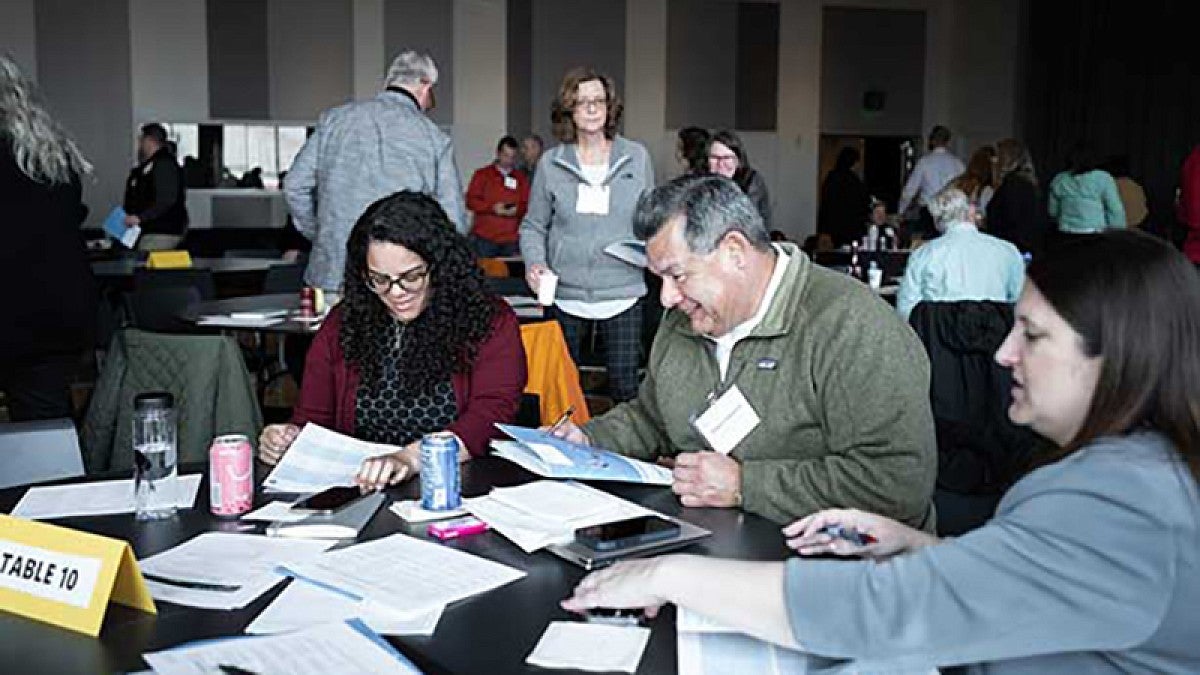A 2022 national survey of emergency management personnel on university and college campuses found that additional training was key in campuses being better prepared for crises and natural disasters.
The survey, conducted by the Disaster Resilient Universities Network, has been released in advance of the network’s national resiliency summit at the University of Oregon. The survey also cites results professionals deem important in advancing disaster resiliency at universities and colleges across the country.
The survey of 388 higher education professionals representing large, small, public and private institutions examined emergency management programs, disaster recovery plans, resource needs and COVID-19 pandemic responses. Key issues highlighted in the responses include access to training and research, funding for risk and emergency management staff, and opportunities for sharing information. The report concludes with six recommendations.
The network’s first national survey was completed in 2016 to create a baseline for Institutions of Higher Education. The 2022 survey highlights lessons learned since the initial survey, including those resulting from the COVID-19 pandemic. The full 2022 survey report is available on the network’s website.
As a result of the survey, a group of higher education professionals and industry partners met last December to discuss the growth and development of enterprise risk management programs. They found that campuses face similar challenges in developing disaster-resilient organizations.
Recent natural and human-caused disasters are presenting historic challenges for colleges and universities, and the goal of the network is to facilitate open communication, discussion and resource sharing to help college campuses be better-prepared, disaster-resilient organizations.
A disaster-resilient university is one that can survive a crisis and thrive in a world of uncertainty, said Andre Le Duc, chief resilience officer and vice president for safety and risk services at the University of Oregon and network founder. The network fosters and develops networks and partnerships to leverage the collective knowledge and advance disaster resilience within university operations.
The network hosted a national summit April 18-20 at the UO. The summit’s theme, communications, was woven throughout panels on innovative facilities management, incident management teams, team building and crisis communications. A core component of the in-person event was creating opportunities for higher education practitioners to share real-world experiences and develop resilience strategies to apply at their home institutions.
—Top photo: The Disaster Resilient Universities summit at the UO


